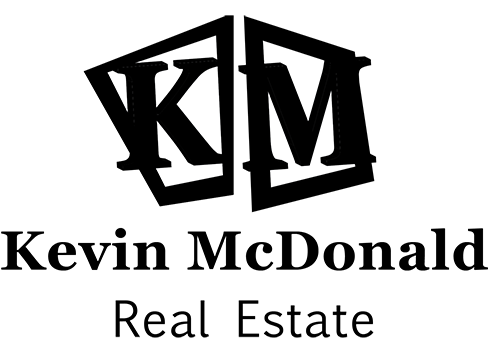A good home inspection report is a valuable resource — not only during the home buying process, but also as a guide to maintenance when you own the home.
Home inspection reports can be difficult to decipher, but it is vital that you thoroughly understand everything in the report and the inspector’s recommendations.
Types of Home Inspection Reports
Home inspectors produce different types of reports. Some home inspection reports are checklists pertaining to specific areas of the house. Some are narratives, detailing what the home inspector found as he or she went through the house. Some are written in plain English, while others use symbols and icons that the reader has to decipher.
No matter the format, a home inspection should provide a detailed description of the home’s features. “Damage to door lintel” isn’t as descriptive (or as useful) as “some scuff marks on door lintel with splintering on left side,” for example.
Some home inspectors tend to give a home’s negative features more attention than its positives. Make it clear you want the home inspection report to list the good along with the bad. You’ll be better able to judge the state of the home if the report includes the positives as well as the negatives.
Who Reads Home Inspection Reports?
Homebuyers aren’t the only people who read home inspection reports. Lenders may require a home inspection report in addition to the appraisal.
If you decide to exercise your right to walk away from the deal due to the findings of the inspection, you’ll need to share the report to get your earnest money deposit back.
Depending on state law, real estate agents representing both buyers and sellers sometimes receive a copy of the report. Depending on negotiations, buyers may allow the seller to also see the report.
Evaluating Home Inspection Reports
If at all possible, accompany the home inspector during the inspection. This allows you to ask questions and get a better sense of the condition of the house than if you rely on the written report alone.
Questions to consider as you look over the home inspection report include:
- Are the problems with the house reflected in the asking price?
- Are the problems significant enough to rule out buying the home?
- Does a problem require immediate attention or can it be fixed in the future?
- Do you need more information on a problem?
- Is a problem minor or major?
Often, reading a home inspection report generates more questions than you had to begin with. Your home inspector should be willing to provide you with more information on the nature of specific issues.
Home Inspection Reports after a Sale
Hold on to your home inspection report after you purchase the house. A thorough report may contain up to 20 or more pages, detailing items that need adjustment, service or cleaning. The summary punch list, detailing the inspector’s concerns, is a valuable reference for future home maintenance needs.
We will be with you every step of the way to the purchase of the home so don’t hesitate to ask questions about the inspection, the report or anything else pertaining to the transaction.




